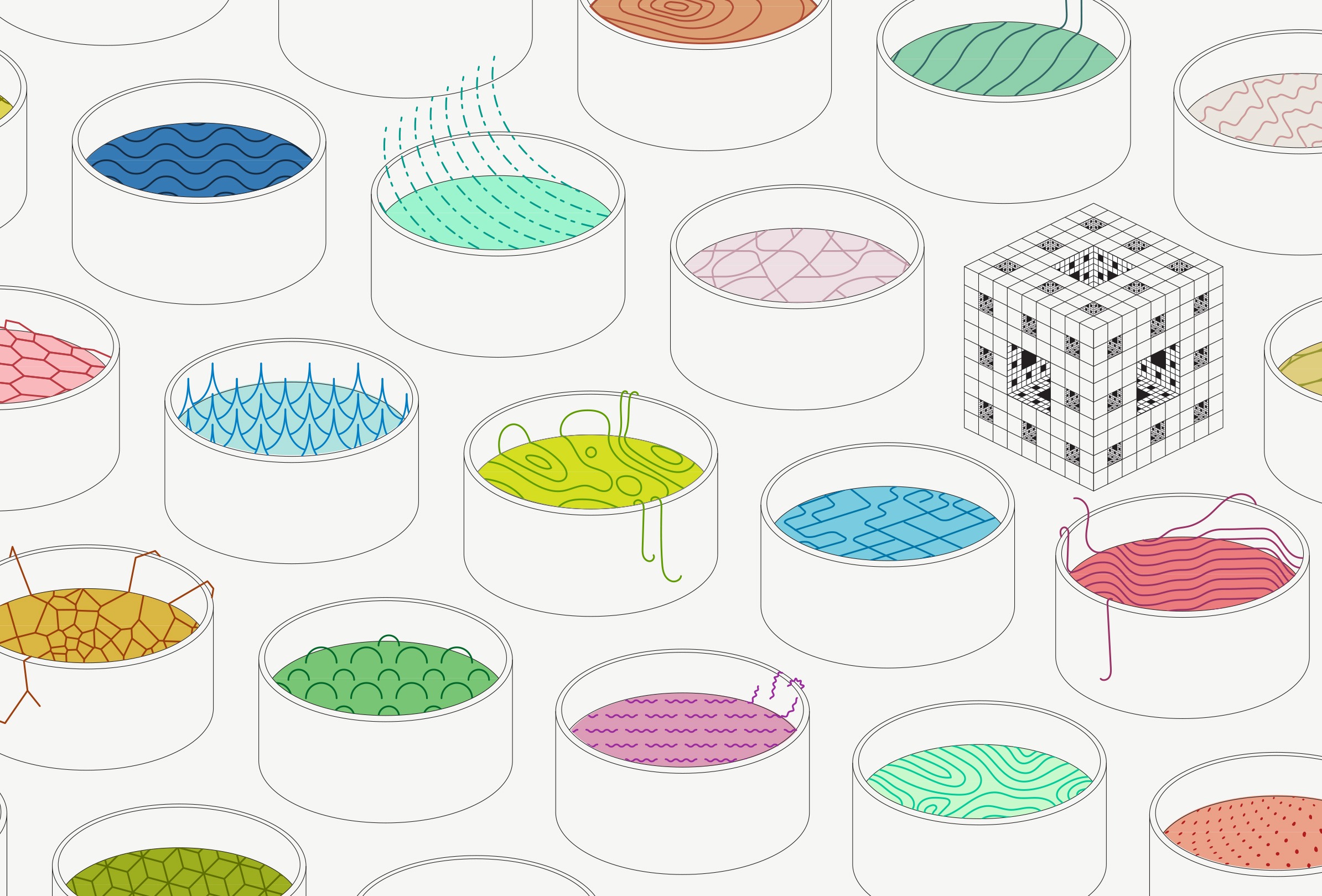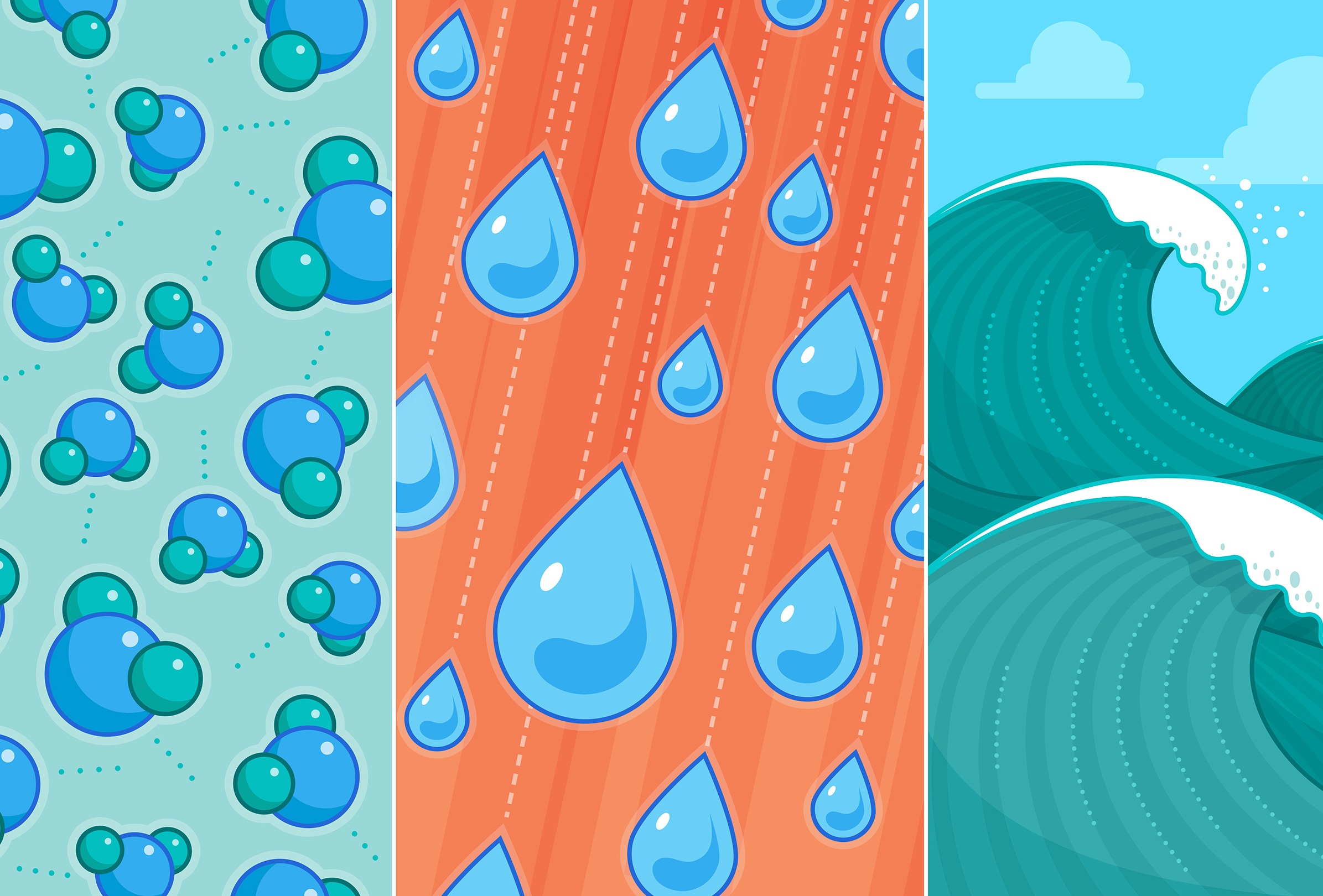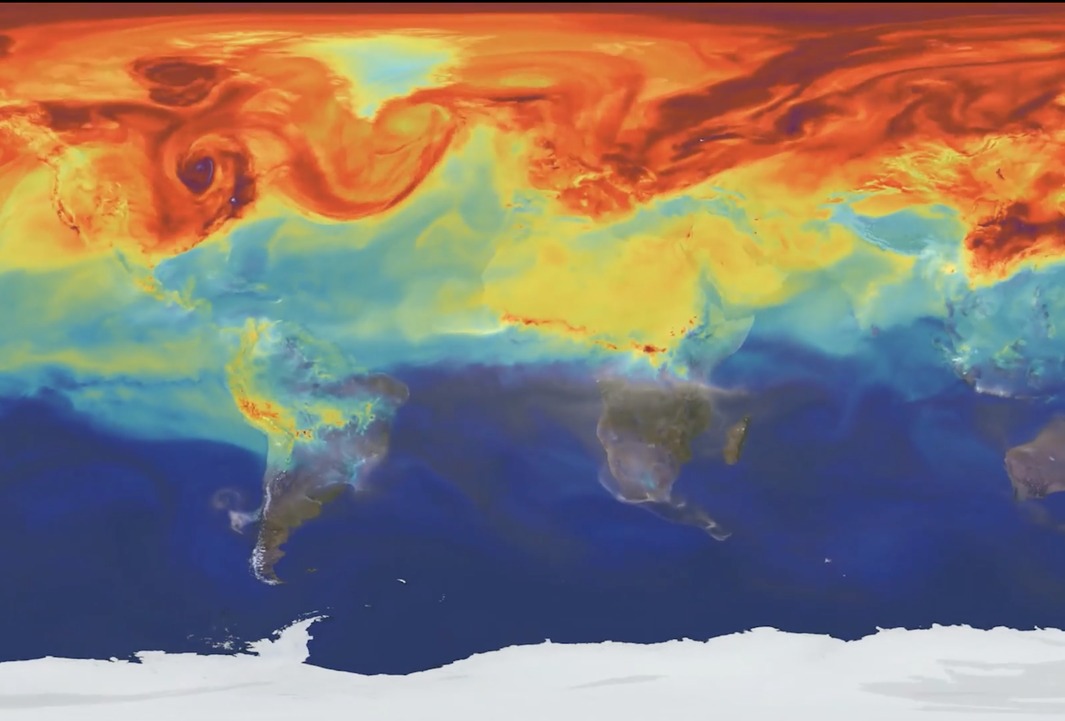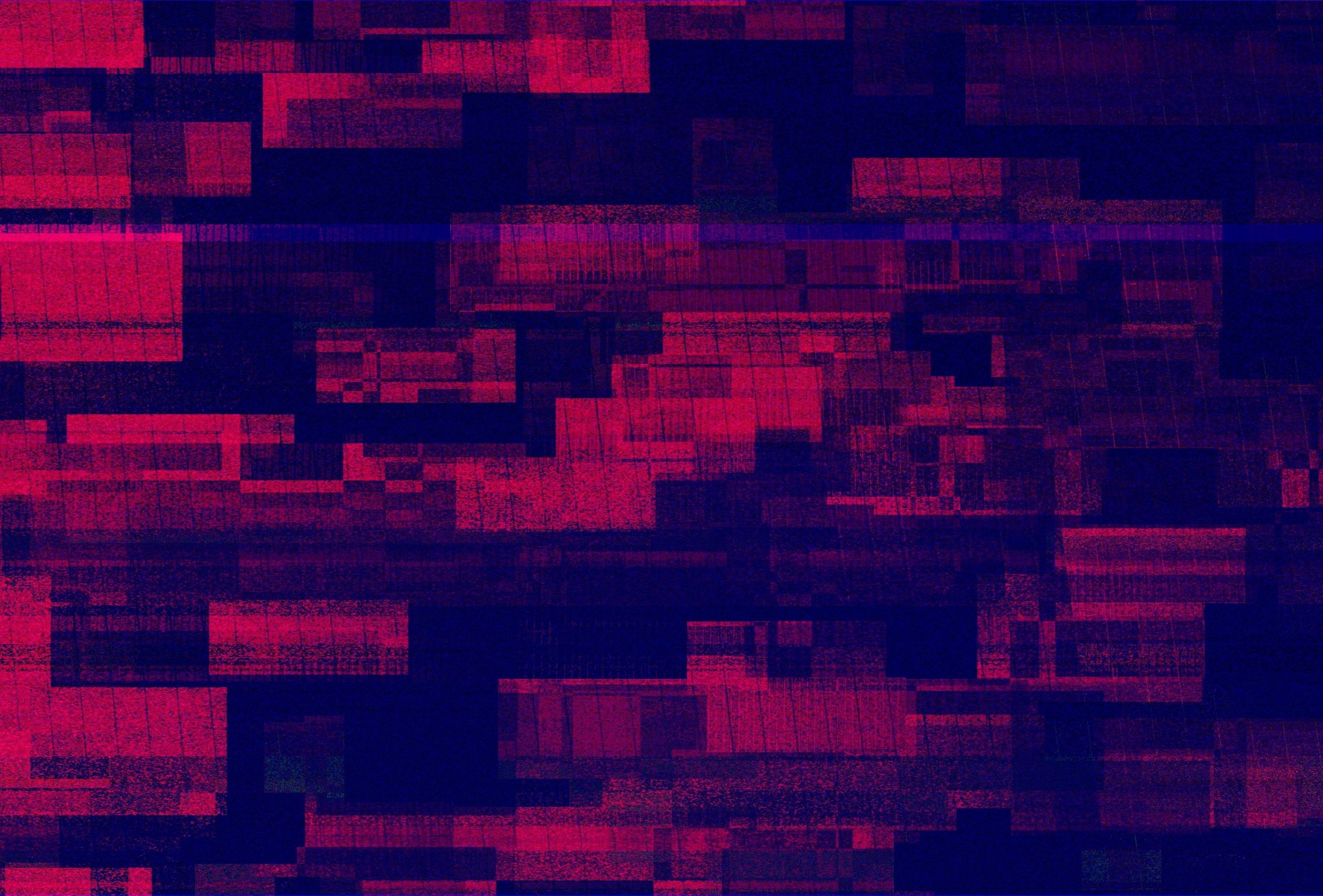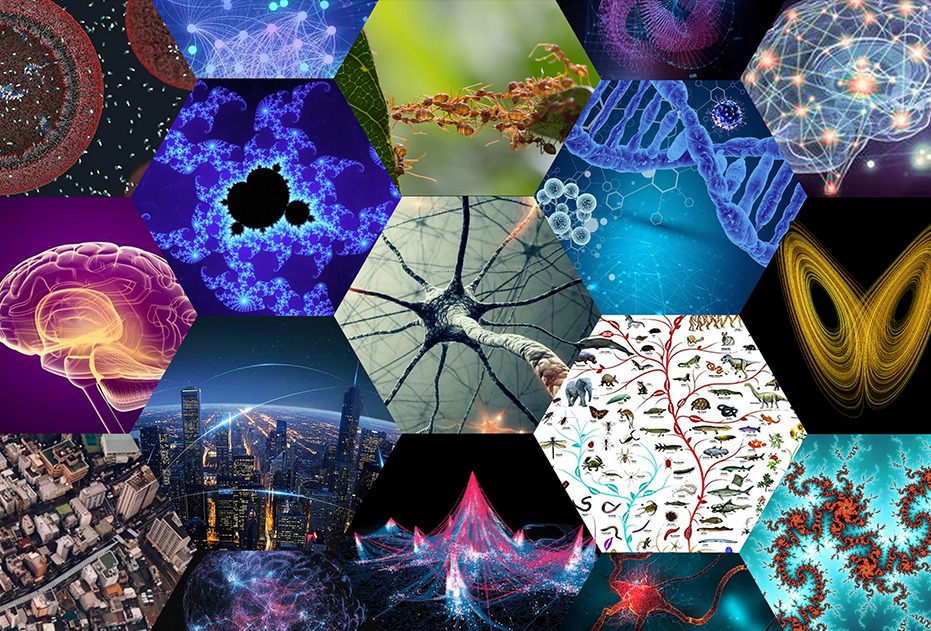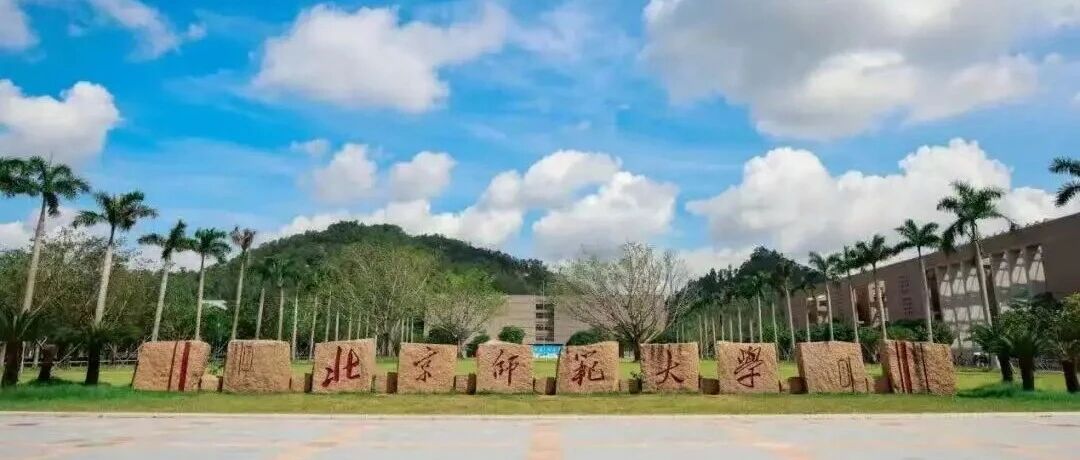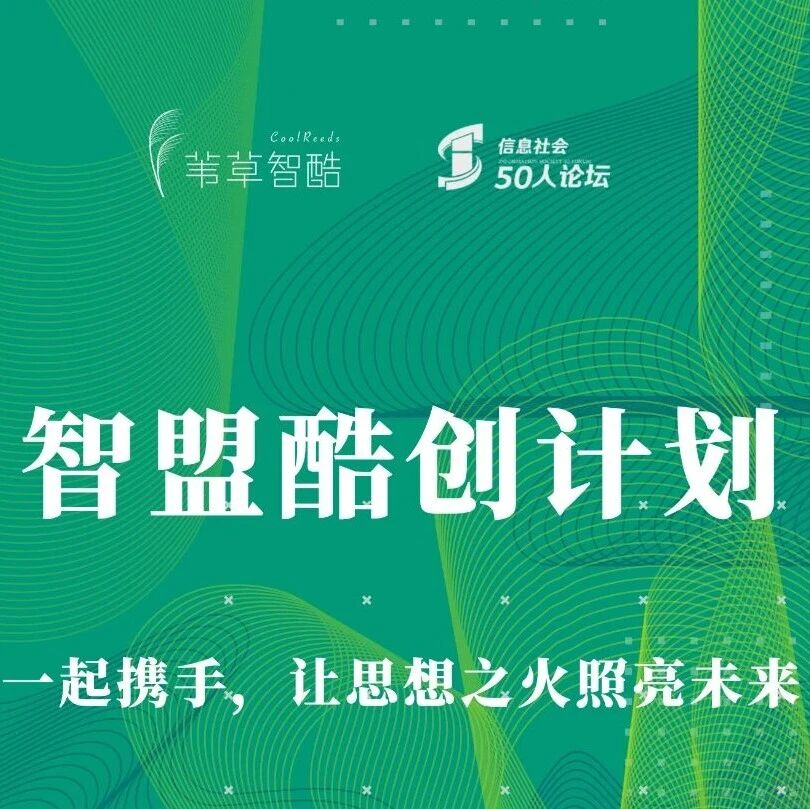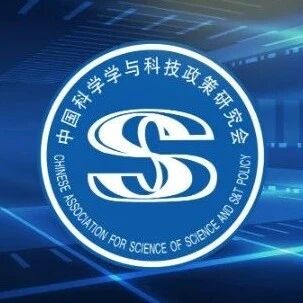PCIC(the Pacific Causal Inference Conference,泛太平洋因果推断大会)由北京大学讲席教授、北京大学公共卫生学院生物统计系系主任、北京大学北京国际数学研究中心生物统计和信息研究室主任周晓华等组织发起,由北京大学、国际生物统计学会中国分会等机构主办、华为诺亚方舟实验室、集智俱乐部等机构协办。
PCIC是因果科学领域一年一度的盛会,盛会将于9月17日至18日线上举办。会议期间会议组委会,北京大学北京国际数学研究中心和华为诺亚方舟实验室今年继续组织了PCIC 2022华为因果推理挑战赛。本次大会吸引了海内外一大批因果科学相关领域的学术大拿汇聚一堂,共同探讨因果科学的新进展,探索新的科研方向,吸引了非常多优秀的科研工作者投身于该领域,推动了因果科学的研究进程。
此次竞赛分为两个赛道。赛道1的目标是设计一个针对时间序列数据的迁移学习解决方案。该任务来源于家庭宽带接入网络运维中的故障预测场景(网络具体架构如下图1所示),要求参赛者使用带有标签的源数据集(城市A)以及少量带有标签的目标数据集(城市B),针对目标城市B训练一个故障预测模型,由于相同类型的故障在不同的城市局点往往遵循相同的因果产生机制,我们鼓励参赛者从因果推断的视角解决该任务。赛道2是在电影推荐系统中预测用户偏好标签,其中每部电影都对应于数个标签; 不同于预测用户对电影评分的传统任务,本次竞赛是预测用户对特定标签的偏好,其主要挑战包括了数据的非随机缺失和大量偏差的存在,包括User Selection Bias,Popularity Bias等,另外数据中不可观测的confounder的存在也将引入更多非预期的偏差。
竞赛的数据集为经过抽取脱敏的实际数据或者根据实际场景抽象出来的模拟数据。获奖团队获得现金奖励和证书,并邀请在12月初举办的竞赛主题workshop上做相应技术报告。
2022年9月18日: 竞赛开放。
2022年9月27日: 北京时间晚上11:59,初赛开始。
2022年10月25日: 北京时间晚上11:59,报名和组队截止。
2022年10月27日: 初赛结束。
2022年10月29日: 公布排名。
2022年11月1日: 北京时间晚上11:59,复赛开始。
2022年11月15日: 北京时间晚上11:59,竞赛结束。
2022年11月22日: 宣布获胜进入决赛答辩队伍。
2022年12月3日: Competition Workshop,将邀请优胜团队在竞赛workshop上进行技术报告,并确定最终排名。
对于获胜者将给予现金奖励及证书。每个赛道的奖金总额均为:$5,000(USD),其中
https://competition.huaweicloud.com/information/1000041792/introduction
预测用户电影标签偏好赛道:
https://competition.huaweicloud.com/information/1000041793/introduction

PCIC 2022 Huawei Causal Inference Competition
The goal of causal inference is to combine external knowledge and study design to draw a causal conclusion between variables. It has gained popularity in numerous fields, including statistics, biostatistics, biomedical science, computer science, economics, epidemiology, and various social sciences. To promote both research and application on real-world problems, Huawei Noah’s Ark Lab and Peking University jointly organize this competition focusing on building a Causal-based transfer learning solution and predicting user preferences. The datasets used in the competition are either directly collected from or generated according to real-world scenarios.
The competition consists of two tracks. Track 1 focuses on building a transfer learning solution for time series data which originates from a real AIOps scenario named home broadband network failure prediction(see figure 1).In this competition, you are asked to build a transfer learning solution using a labeled source dataset (city A) plus a small labeled target dataset (city B) to train a failure prediction model for city B. We encourage participants design solutions from the causal sight due to the common fault in different cities generally follows the same causal generation mechanism. Track 2 focuses on the problem of predicting user preferences in movie recommendation systems, where each movie is typically associated with a descriptive tag. Different from predicting the ratings of specific user-movie pairs, you are asked to estimate user preferences for specific tags. Challenges include the data missing-not-at-random and the presence of many biases, such as user selection bias and popularity bias. In addition, the data suffers from unobserved confounders that will further lead to unexpected biases in the observational data.
 Figure 1: The Architecture of home broadband network
Figure 2:Causal Recommendation System
The competition winners will be awarded cash prizes and winner certificates, and will be invited to give talks at the PCIC 2022 competition workshop.
We look forward to your participation!
Figure 1: The Architecture of home broadband network
Figure 2:Causal Recommendation System
The competition winners will be awarded cash prizes and winner certificates, and will be invited to give talks at the PCIC 2022 competition workshop.
We look forward to your participation!
-
September 18, 2022: Competition opens.
-
September 27, 2022: The first phase starts at 11:59 pm Beijing Time (UTC +8).
-
October 25, 2022: Registration and team formation end at 11:59 pm Beijing Time.
-
December 3, 2022: Winning teams are invited to deliver a technical presentation at the competition workshop.
The final ranks of the winning teams will be determined by the competition committee based on the leaderboard scores from the automated evaluation as well as the technical merits of the solutions.
Total prize amount (USD) for each track: $5,000.
For more information, please visit the competition website or scan the QR code below:
Causal-based transfer learning track:
https://competition.huaweicloud.com/information/1000041792/introduction
Predict user movie tag preference track:
https://competition.huaweicloud.com/information/1000041793/introduction

诺亚方舟实验室是华为的AI能力研究中心,立足于人工智能基础算法研究,聚焦打造数据高效和能耗高效的AI引擎。实验室广泛分布于世界各地,在香港、深圳、北京、上海、西安、伦敦、巴黎、多伦多、蒙特利尔、埃德蒙顿等均设有研发分部。
诺亚的使命是通过在人工智能、数据挖掘及相关领域的持续创新,为公司和社会做出重大贡献。在创新的每一个阶段,基于长期和重大项目驱动,我们追求在AI相关领域打造最先进技术,助力公司提供更好的产品和服务。
作为一个世界级的实验室,诺亚正在全力推进AI各领域的前端研发,我们勇于面对人工智能和大数据时代的挑战与机遇,秉承“把数字世界带入每个人、每个家庭、每个组织,构建万物互联的智能世界”这一理念,通过全流程智能化,彻底改进人们工作和生活的方式,以及公司开展业务的模式。
诺亚的研究领域主要集中在计算视觉、语音和自然语言处理、推荐系统和搜索引擎、决策推理、AI基础理论五大方向,自2012年创立至今,现已发展成为一个在学术界和工业界都取得了重大成就的研究机构。我们欢迎有才华的研究人员和工程师加入我们,共筑人类在人工智能时代的梦想。
The Noah’s Ark Lab is the AI research center for Huawei Technologies, located in Hong Kong, Shenzhen, Beijing, Shanghai, Xi’an, London, Paris, Toronto, Montreal, Edmonton, etc.
The mission of the lab is to make significant contributions to both the company and society by innovating in artificial intelligence, data mining and related fields. Mainly driven by long term and big impact projects, research in the lab also tries to advance the state of the art in the fields as well as to harness the products and services of the company, at each stage of the innovation process.
As a world class research lab, we are pushing the frontier of research and development in all areas that we work in.We dare to address both the challenges and opportunities in this era of AI and big data, to revolutionize the ways in which people work and live, and the ways in which companies do business, through intelligentization of all processes, with the slogan ‘from big data to deep knowledge’.
Research areas of the lab mainly include computer vision, natural language processing, search & recommendation, decision and reasoning ,AI theory.
Founded in 2012, the lab has now grown to be a research organization with many significant achievements in both academia and industry. We welcome talented researchers and engineers to join us to realize their dreams.
由智源社区、集智俱乐部联合举办的因果科学与Causal AI读书会第三季,主要面向两类人群:如果你从事计算机相关方向研究,希望为不同领域引入新的计算方法,通过大数据、新算法得到新成果,可以通过读书会各个领域的核心因果问题介绍和论文推荐快速入手;如果你从事其他理工科或人文社科领域研究,也可以通过所属领域的因果研究综述介绍和研讨已有工作的示例代码,在自己的研究中快速开始尝试部署结合因果的算法。读书会直播已结束,欢迎加入因果科学社区,回看第三季直播,加入讨论。









